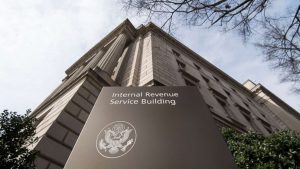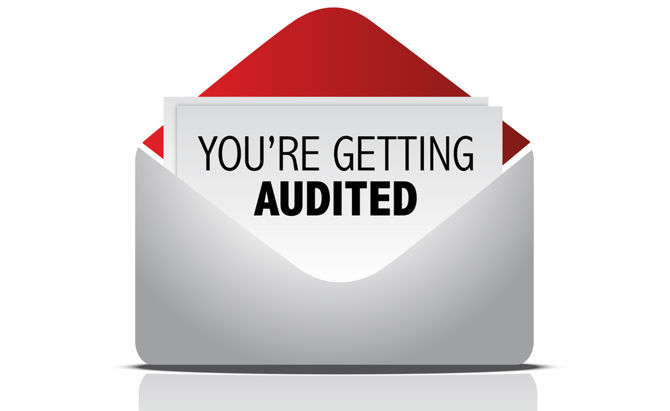First, let’s be clear: no one likes the Internal Revenue Service.
Many Americans would be happy if the IRS was eliminated. But we live in an era when lying and unethical behavior seem to loom everywhere.
We also live in a time when the little guy keeps getting kicked to the curb while the super-wealthy cruise on down the road to greater riches. And the IRS plays a major role in this systemic inequality.
So, the decision in Congress this week to give up on plans to boost enforcement funding for the undermanned IRS, which would have provided a substantial increase in tax revenues to help fund the bipartisan infrastructure proposal, makes no sense.

An analysis released by IRS researchers estimated that 36 percent of unpaid federal income taxes are now owed by the top 1percent. Not coincidentally, the IRS’s enforcement staff declined by 30 percent between 2010 and 2018.
President Biden’s proposal would have added $80 billion to IRS operations, a move that could bring in an extra $700 billion. Senate Republicans chopped that plan in half, then eliminated it over the weekend.
At a time when some the nation’s richest CEOs are paying little or nothing in taxes, and major corporations routinely avoid billions in taxes by putting their money in overseas tax havens, well-funded conservative groups led the opposition to the IRS upgrade. They even organized expensive TV ad campaigns in several states.
Plans to resurrect the funding for the tax collection agency could be revived on Capitol Hill in the coming weeks, but the prospects are dim.
“Why is it fair to working Americans who pay their taxes to allow people who can afford fancy lawyers and accountants to cheat?” said Sen. Angus King, a Maine independent. “I’m not talking about tax avoidance. I’m talking about outright cheating, hiding income.”
Beyond the hefty budget cuts experienced by the IRS over several years, the agency has apparently revamped its approach to auditing. The super-rich can put the IRS through the gauntlet by responding to audits with highly technical legal arguments, resulting in several years of protracted battle. In contrast, auditing the relatively unsophisticated tax returns of the working poor is quick and easy.
As a result, the ProPublica news agency reported, the IRS now audits the working poor at about the same rate as the wealthiest 1 percent.
That’s just part of the story. Here are some more eye-popping facts about how our government enforces tax laws:
- Estimates indicate that the wealthiest 1 percent of Americans manage to avoid paying about a quarter-trillion dollars of owed taxes every single year.
- The newest Internal Revenue Service figures compiled by Syracuse University researchers show that in the last eight years, there has been a 72 percent drop in the number of audits of those making more than $1 million. In all, 98 percent of those making more than $1 million did not face an audit last year.
- Big businesses take advantage of the depleted IRS as the agency now audits just half of all large company tax returns, allowing corporations to claim unwarranted tax breaks. Less than a decade ago, nearly all of the largest companies were audited annually.
- An IRS Oversight Board created in 1998 was supposed to deal with problems of inefficiency and inequity. But the bureau containing the oversight board is viewed as a “toothless tiger.” In fact, the board does not have enough Senate-confirmed members to make up a quorum and has suspended operations.
- According to a letter sent to Congress recently by five former U.S. Treasury secretaries, today the I.R.S. has fewer auditors than at any time since World War II. Of the four million business partnership returns filed in 2018, the agency audited only 140 of them.
- The Treasury secretaries also noted that the IRS did not pursue 300 high-income taxpayers who failed to file returns over a 3-year period, avoiding a combined $10 billion in unpaid taxes. And audit rates have become so backwards that poor rural counties in the Deep South have some of the highest rates of examination in the country.



